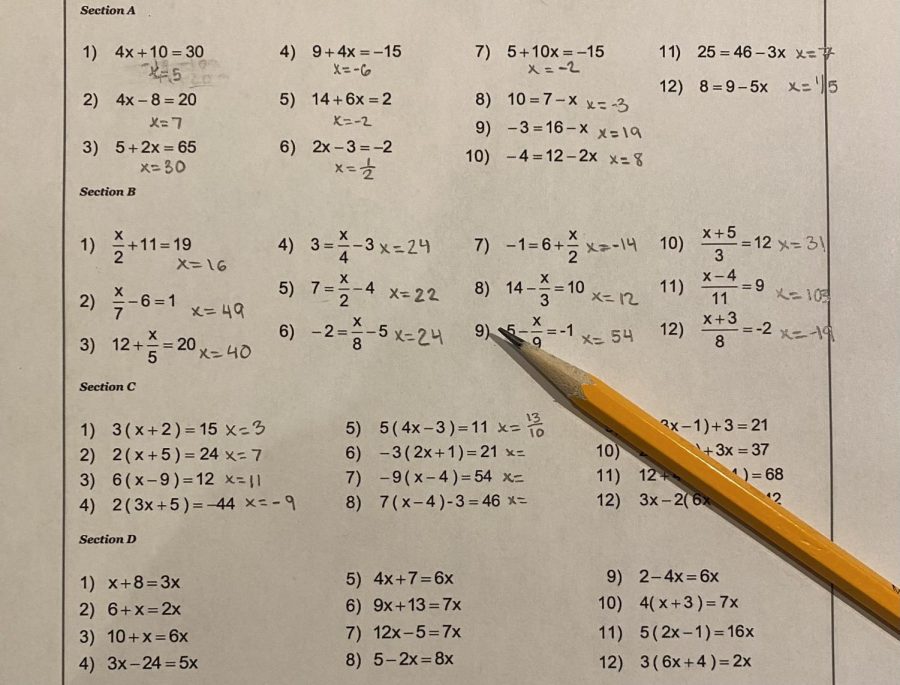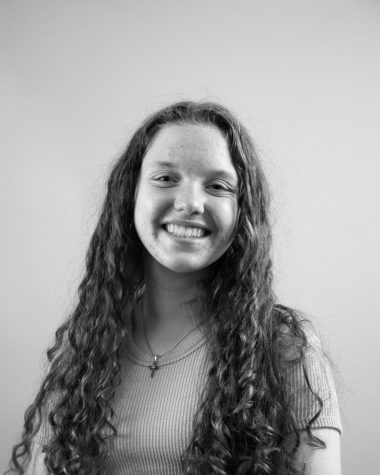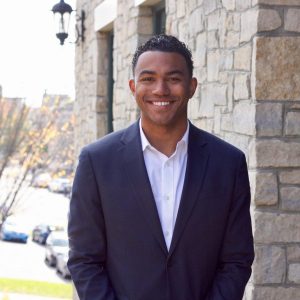CRLS Restricts Math Acceleration Following the Pandemic
CRLS math policies have deepened the socioeconomic rift between students.
June 30, 2023
The CRLS math department is tightening access to acceleration in high school math courses, following a period of easier access during COVID-19 pandemic. The new policy no longer allows 9th graders to self-refer into Algebra 2, instead requiring evidence of completed Algebra 1 coursework.
Mr. Josh Marden, CRLS Interim Dean of Mathematics, explained to the Register Forum that this effort had two primary motivations. “We want to get back to the mathematical rigor seen before COVID, but we also want to stop disadvantaging students that don’t necessarily have the social or economic capital to access additional support outside of school.”
This policy reflects a growing gap between the majority of Cambridge Public School students and those with access to private schools or extracurricular math tutoring, and it has provoked strong reactions from the community. “This new policy is deeply flawed, profoundly harmful to all students, and counter to best practice in education,” City Councilor Patty Nolan told the Register Forum. “It fails to acknowledge the fact that many students entering CRLS from outside CPS do have Algebra 1 in grade 8, which sends a message that we don’t believe our students deserve the same education.”
The announcement of this new policy has brought to light the reality that in recent years, and especially since the COVID-19 pandemic, Cambridge has significantly reduced the algebra taught at the middle school level. The majority of current CRLS students entered high school during a period when Algebra 1 was included in the 8th grade curriculum—if only at an introductory level. Although this effort did approach parity between incoming public and private school students, CRLS Algebra 1 teachers point out that it often compromised individual coherency. “We had students who were taking Algebra 1 in their 8th grade year and we’d teach them Algebra 1 in their 9th grade year as if they’d never seen it before,” CRLS Algebra 1 teacher Ms. Elisa Doherty told the Register Forum.
Due to COVID-19, the algebra units have been “deprioritized”—they still exist in curriculum, but in practice they have been phased out of many Cambridge 8th grade classrooms. This has created an even greater socioeconomic rift between incoming freshmen, as many wealthy families seek additional math programs outside of school to compensate. “It’s a completely inequitable gap for students who don’t have the money, don’t know the programs exist, or don’t come from families that prioritize math,” Ms. Doherty told the Register Forum.
In addition, many teachers say that the algebra students learn in supplemental math programs does not substitute for a rigorous CRLS class. “Last year … students who had taken Algebra 1 at CRLS and who hadn’t were at very different places,” Ms. Anastasia Nedoroscik, who teaches both Algebra 1 and Geometry, told the Register Forum.
The result is a less rigorous math standard and a far less equitable pathway, Mr. Marden explained to the Register Forum. “Nothing is going to be as effective, supportive, or mathematically sound in regards to our space as taking our math classes. If we value public school then we have to have trust in the classes it teaches.”
This article also appears in our April 2023 print edition.











